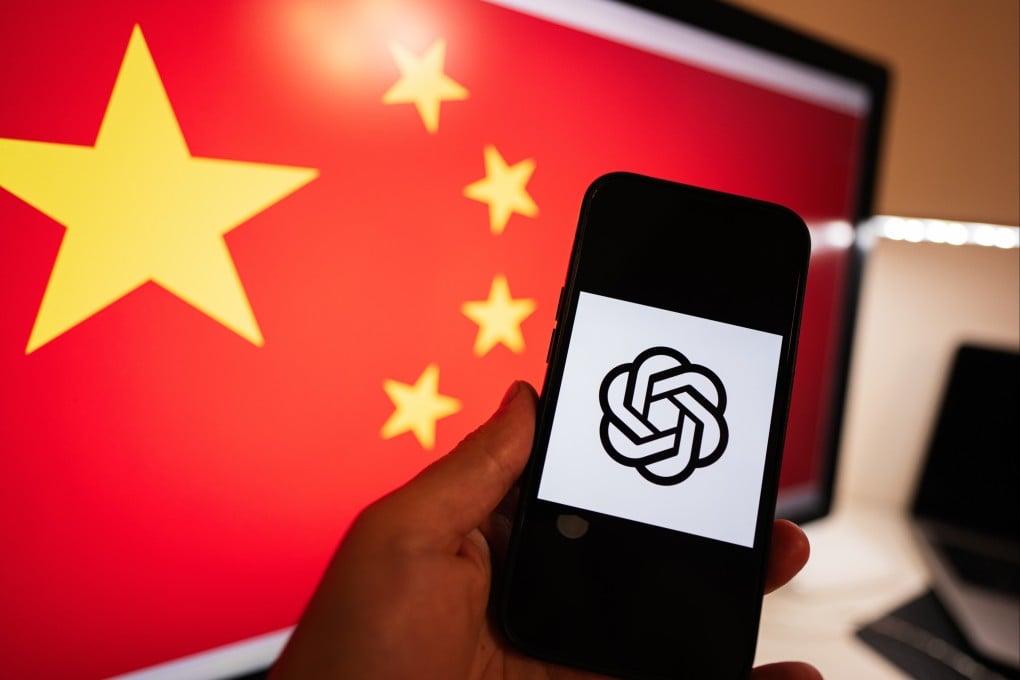Advertisement
OpenAI keen ‘to work with China’, CEO Sam Altman says, as DeepSeek rattles tech market
Altman’s about-face from OpenAI’s tough stance on China reflects how Hangzhou-based start-up DeepSeek upended the global AI industry
Reading Time:2 minutes
Why you can trust SCMP
11

Ben Jiangin Beijing
OpenAI is keen to collaborate with China, according to chief executive Sam Altman, in a 180-degree turn for the company nearly eight months after tightening measures that barred the mainland and other “unsupported countries and territories” from accessing ChatGPT and its other artificial intelligence (AI) services.
“We’d like to work with China,” Altman told Sky News on the sidelines of the Paris AI Action Summit, held from February 10 to 11 in the French capital, according to a clip from the interview posted on the British broadcaster’s website.
“Should we try as hard as we can [to work with China]? Absolutely, yes. I think that’s really important,” Altman said in the clip, without specifying which areas OpenAI and the world’s second-largest economy would cover.
While admitting he did not know whether the US government would let OpenAI work with China, Altman said he considered it important to pursue collaboration.
Altman’s public about-face from OpenAI’s tough stance on China reflects how Hangzhou-based DeepSeek upended the global AI industry, following its release of two powerful open-source AI models, V3 and R1, which were developed at a fraction of the cost and computing power typically required by major tech companies to build large language models (LLMs) – the technology underpinning generative AI services like ChatGPT.

Open source gives public access to a program’s source code, allowing third-party software developers to modify or share its design, fix broken links or scale up its capabilities. Open-source technologies have been a huge contributor to China’s flourishing tech industry over the past few decades.
Advertisement